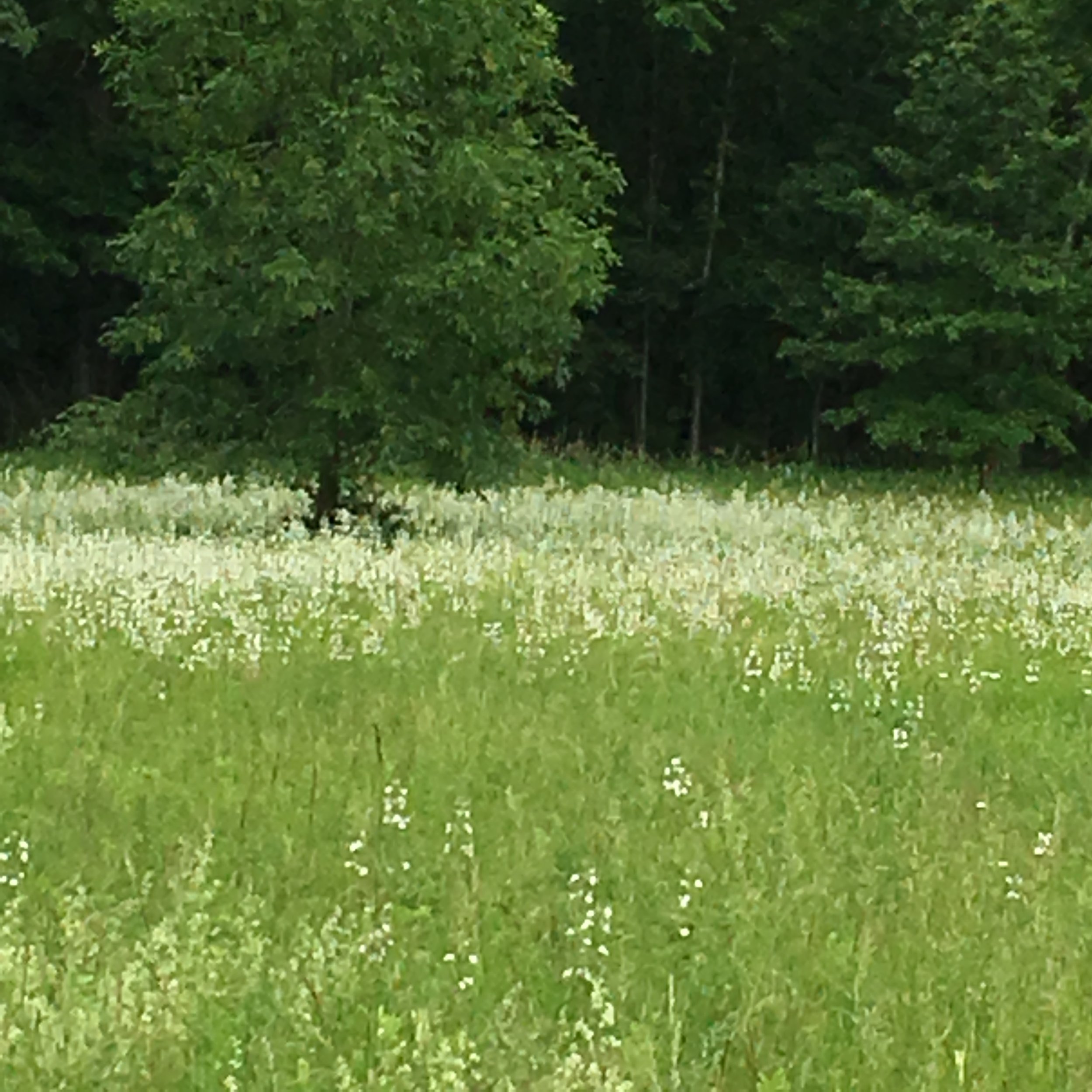HABIT
Height: 2-3’
Bloom Time: late spring, early summer
SITE CONDITIONS
Light: full sun, part shade
Soil: medium-wet, average, medium-dry
CULTIVATION TIPS
Establishment: easy, will reseed readily on bare soil
Deer Resistance: moderate
INTERACTIONS
Pollinator Support: high
CONSERVATION
Native Range: local ecotype
Seed Origin: Dutchess County, NY / Fairfield County, CT


